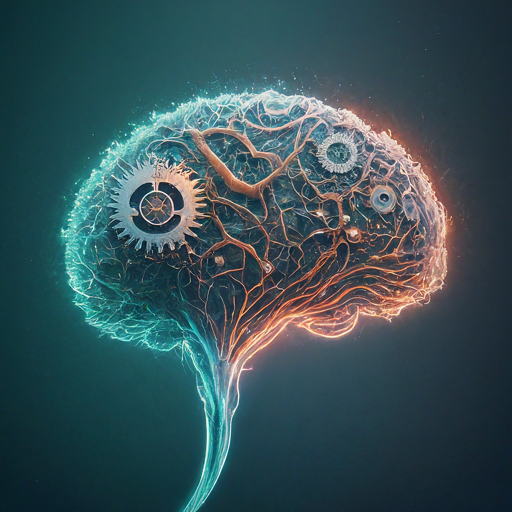
Demystifying Artificial Intelligence in Healthcare
In the ever-evolving landscape of healthcare, artificial intelligence (AI) stands out as a powerful tool with the potential to revolutionize patient care and streamline processes. However, for healthcare organizations to effectively harness the power of AI, it’s essential to grasp the fundamental concepts surrounding this technology. With that in mind, let’s delve into some of the most common terms and concepts that stakeholders need to understand to navigate the world of healthcare AI successfully.
Artificial Intelligence: Enhancing Human Capabilities
At its core, artificial intelligence (AI) refers to computers’ ability to perform tasks typically associated with human intelligence. In the context of healthcare, AI holds immense promise in streamlining data analytics processes and deriving actionable insights from vast amounts of health data. Rather than replacing human intelligence, AI augments it, assisting clinicians in making informed decisions and improving patient outcomes.
Machine Learning: Unleashing Predictive Power
Machine learning (ML) is a subset of AI that enables algorithms to learn from patterns in data without explicit programming. Through supervised, unsupervised, or reinforcement learning approaches, ML tools can make predictions about future outcomes, making them invaluable in healthcare applications such as medical imaging and clinical decision support.
Deep Learning: Mimicking Human Brain Processes
Deep learning (DL) is a specialized form of ML that mimics how the human brain processes information. By utilizing artificial neural networks (ANNs), deep learning algorithms can extract complex patterns from data, making them particularly useful in tasks such as medical image analysis and natural language processing.
Cognitive Computing: Augmenting Human Cognition
Cognitive computing simulates human reasoning and thought processes to augment human cognition. By leveraging techniques such as ML, DL, and natural language processing, cognitive computing tools can help healthcare professionals solve complex problems and make informed decisions by analyzing vast amounts of data and providing real-time insights.
Also Read: Expert Tips for Your Dog’s Dental Health
Natural Language Processing: Understanding Human Language
Natural language processing (NLP) focuses on how computers process, understand, and manipulate human language. By employing techniques like ML and text mining, NLP enables computers to convert unstructured language into structured data, facilitating tasks such as information summarization and language translation.
Generative AI: Creating New Content
Generative AI (genAI) algorithms, such as ChatGPT, create new content based on user prompts. By leveraging vast datasets, genAI tools can generate realistic responses to users’ inputs, holding significant potential for automating administrative tasks and improving clinical workflows in healthcare.
Also Read: 7 Tips for Men to Stay Cool and Fashionable
As healthcare organizations increasingly turn to artificial intelligence to drive innovation and improve patient care, understanding these fundamental concepts is essential. By embracing AI technologies responsibly and leveraging their capabilities to augment human intelligence, we can unlock new opportunities to enhance healthcare delivery and ultimately improve patient outcomes.
